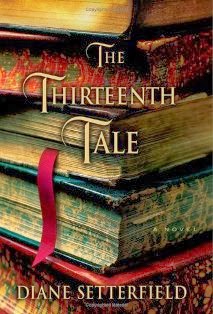When I was in high school, the group of girls I sat with at lunch had a ritual before we headed to our next class: the daily “teeth check.” We’d flash our pearly whites at each other to make sure no bits of sandwich had unceremoniously lodged there.
(Keep in mind, this was the era of braces and retainers, not to mention just a teensy bit of insecurity.)
Most days the teeth check passed without incident, but on occasion, one of us might be known to say something like, “You don’t have anything in your teeth . . . but you do have something hanging out of your nose!”
(Yes, our humor was very sophisticated back then.)
We may have been a little over-vigilant about the post-lunch hygiene, but there’s something to the idea. It’s infinitely better for your friend to point out your social faux pas than to have the popular kids snickering about you behind your back or to have that cute guy see you with a piece of spinach stuck between your front teeth.
Oscar Wilde once said, “True friends stab you in the front.” And I think that’s about right, whether it’s about lunch . . . or your gossip habit or how you’re not being yourself or your tendency to hold back out of fear.
As painful as it can be to have someone tell you that you have the spiritual equivalent of spinach in your soul, how much better is that than to know you’ve been walking around like that for days or weeks or years? And all the better for it to come from someone who loves you.
We will speak the truth in love, growing in every way more and more like Christ.
Ephesians 4:15
I’m thankful to have people in my life who give me spiritual checkups. I’ve invited them to stab me in the front when I need it, and they do. They gently point out my blind spots, they tell me the truth in love, they remind me who I am and who I want to be. And they invite me to do the same for them.
As vulnerable as this whole process is, I’d much rather have it this way than go on living with something ugly stuck in my soul.
***
How about you? Do you have a friend who is willing to give you accountability when you need it? What would it take to get there?




